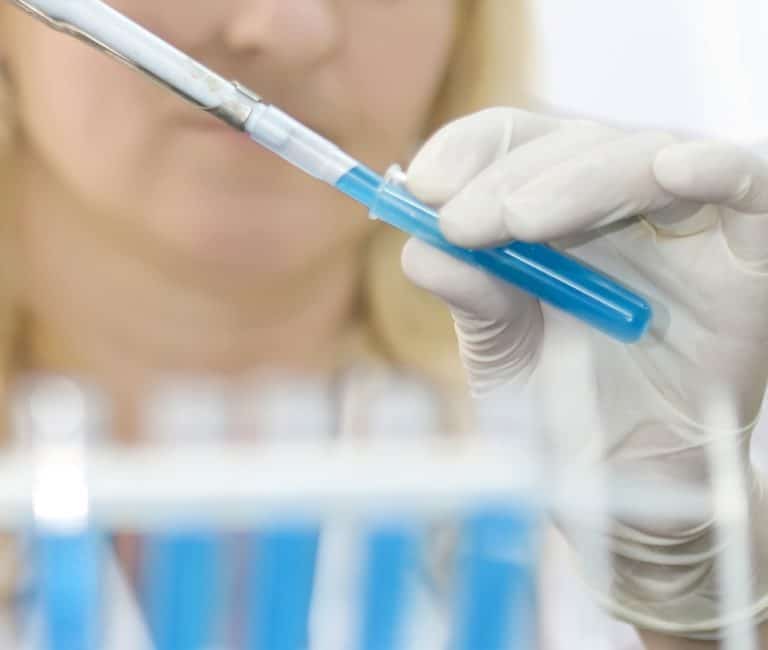Investigators from the University of Bristol evaluated vitamin D levels and prostate cancer risk and determined that the risk of developing the disease does not appear to depend on a man’s levels of this nutrient. The authors presented their findings in the Journal of Cancer Causes and Control.
To arrive at this conclusion, Rebecca Gilbert of Bristol’s School of Social and Community Medicine, and her colleagues searched more than 24,000 papers and reviewed and analyzed the literature regarding associations between intake and concentrations of vitamin D and the risk of prostate cancer. A total of 25 papers were included in the final meta-analysis. This undertaking was the largest and most current exploration of the available data on vitamin D and prostate cancer.
According to Gilbert, until now, evidence supporting a role of vitamin D in prostate cancer has been “mixed,” and “this new review shows that higher or lower levels of vitamin D don’t mean men are more or less likely to develop the disease.”
Among some of the previous mixed evidence concerning the role of vitamin D in prostate cancer is a study reported in 2004, in which researchers noted that a vitamin D deficiency appeared to increase the risk of developing prostate cancer. (Lou 2004) In a 2009 study, scientists found that men who had prostate cancer were more likely to have low levels of vitamin D when compared with men who were disease-free. (Trump 2009) Yet a review by the International Agency for Research on Cancer has reported there is no evidence that low levels of vitamin D will increase a man’s risk of prostate cancer.
Although the new study reports there is “little evidence to support a major role of vitamin D in preventing prostate cancer or its progression,” it is still important for men to maintain adequate levels of vitamin D for both prostate and overall health. Indeed, numerous studies indicate that vitamin D has a significant role in BPH and prostatitis. At least one study reports that low levels of vitamin D are associated with a greater risk of BPH, while another recent study noted that vitamin D’s anti-inflammatory properties may be helpful in both BPH and prostatitis. (Galic 2008; Fibbi 2010)
Read more in our Prostate Cancer Health Center.
References
Fibbi B et al. Chronic inflammation in the pathogenesis of benign prostatic hyperplasia. International Journal of Andrology 2010 Jun 1; 33(3): 475-88
Galic J, Simunovic D. Prostate disease prevalence with epidemiological and hormonal analysis in randomly selected male population in Crotia. Coll Anthropol 2008; 32(4):1195-1202.
Gilbert R et al. Associations of circulating and dietary vitamin D with prostate cancer risk: a systematic review and dose-response meta-analysis. Cancer Causes and Control 2011 Mar; 22(3): 319-40
Lou YR et al. The role of vitamin D3 metabolism in prostate cancer. J Steroid Biochem Mol Biol 2004; 92(4):317-25.
Trump DL et al. Vitamin D deficiency and insufficiency among patients with prostate cancer. BJU International 2009 Apr 4.







